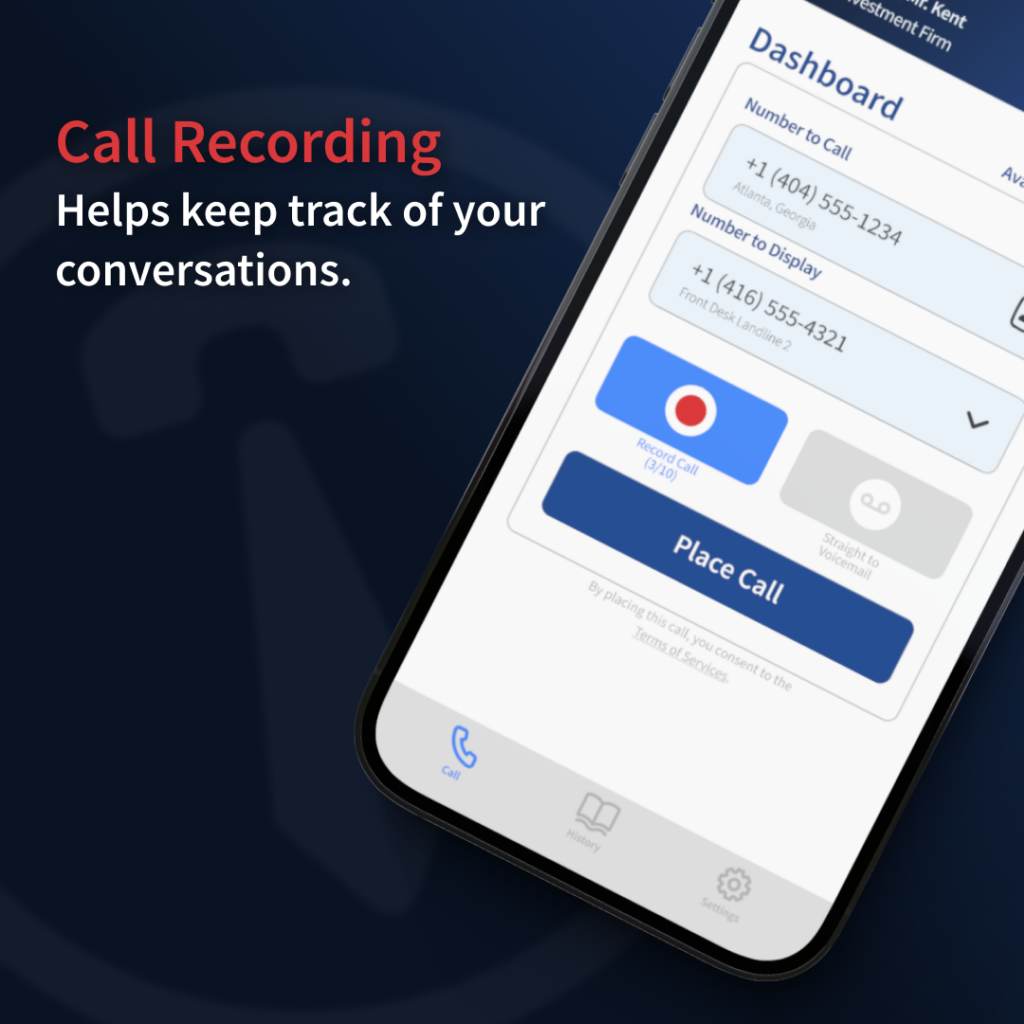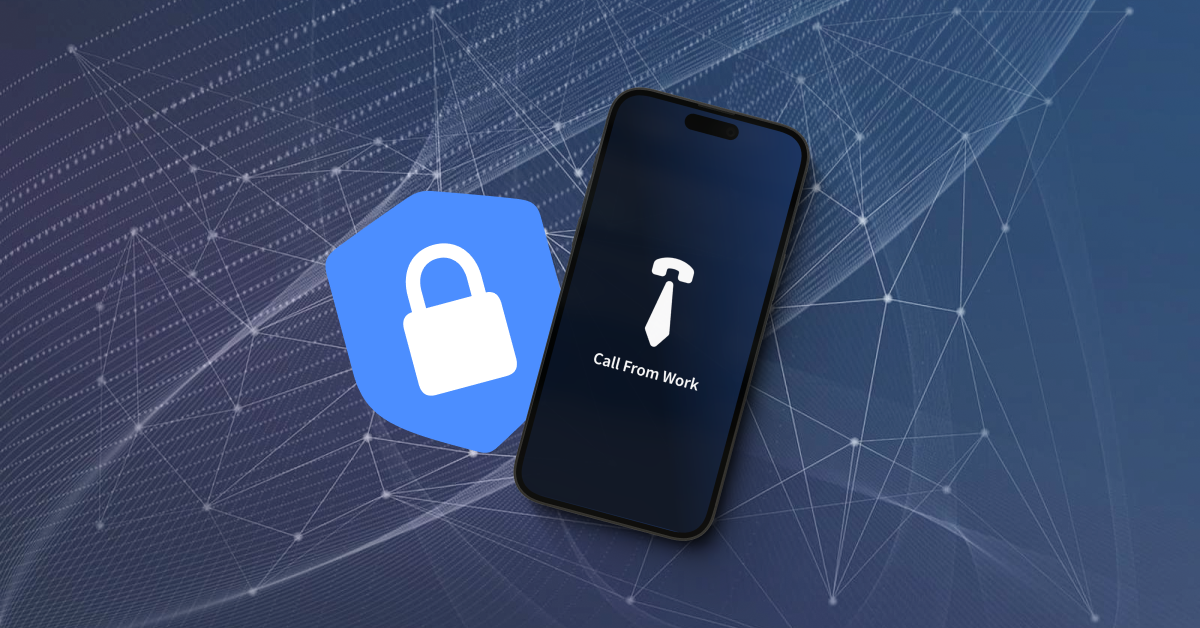3 Reasons You Should Record Business Calls
In the fast-paced and competitive world of business, effective communication is crucial to success. Whether you are a small startup or a well-established corporation, recording business calls can provide numerous benefits that enhance productivity, accountability, and overall performance. In this blog post, we will explore three compelling reasons why recording business calls can be a game-changer for your organization.

- Enhanced Quality Assurance and Training
One of the primary advantages of recording business calls is the ability to conduct comprehensive quality assurance and training programs. By reviewing recorded calls, businesses can assess the performance of their employees, identify areas for improvement, and implement targeted training initiatives.
Recording customer service calls, for example, allows managers to evaluate how effectively their employees handle inquiries, resolve issues, and maintain a positive customer experience. This analysis can help identify recurring problems, streamline processes, and ensure customers receive the best possible service.
Furthermore, recorded calls serve as valuable training resources for new employees. Listening to real-life scenarios enables new hires to understand the nuances of customer interactions, learn from experienced team members, and quickly develop the skills required to excel in their roles.
- Dispute Resolution and Legal Compliance
In today’s litigious society, businesses must proactively safeguard themselves against potential disputes and ensure compliance with industry regulations. Recording business calls can play a pivotal role in dispute resolution and legal compliance.
When disputes arise, recorded calls can provide an objective account of conversations and clarify any misunderstandings or miscommunications. This evidence can be vital in resolving conflicts and protecting the interests of your business. Additionally, it can help build credibility in legal proceedings, if necessary.
Furthermore, many industries have strict regulatory requirements governing customer interactions. By recording calls, businesses can demonstrate adherence to these regulations, such as ensuring proper disclosure of information or confirming compliance with data protection guidelines. This can mitigate legal risks and potential fines, enhancing the overall trust in and reputation of your organization.
- Valuable Insights and Analysis
Every business strives to make data-driven decisions, and recording business calls can be a goldmine of valuable insights. Analyzing call recordings can provide a deeper understanding of customer needs, preferences, and pain points, enabling organizations to tailor their products and services accordingly.
By implementing speech analytics tools, businesses can automate the analysis of call recordings to uncover patterns, identify trends, and extract actionable data. This data can help optimize sales and marketing strategies, improve customer satisfaction, and drive revenue growth. For example, identifying common customer complaints can highlight areas where product or service improvements are required, enhancing customer loyalty.
Call recordings can also assist in measuring employee performance and monitoring adherence to company policies. It allows managers to identify high-performing employees, replicate their best practices, and identify areas where additional support or training may be needed.
Conclusion
Recording business calls can offer significant advantages to organizations across various industries. From enhancing quality assurance and training to resolving disputes and ensuring legal compliance, and from deriving valuable insights to making data-driven decisions, the benefits are far-reaching.
As technology continues to advance, the recording and analysis of business calls have become more accessible and efficient. By leveraging this powerful tool, businesses can gain a competitive edge, improve customer experiences, and achieve greater success in today’s dynamic marketplace.
More Posts You'll Like:













